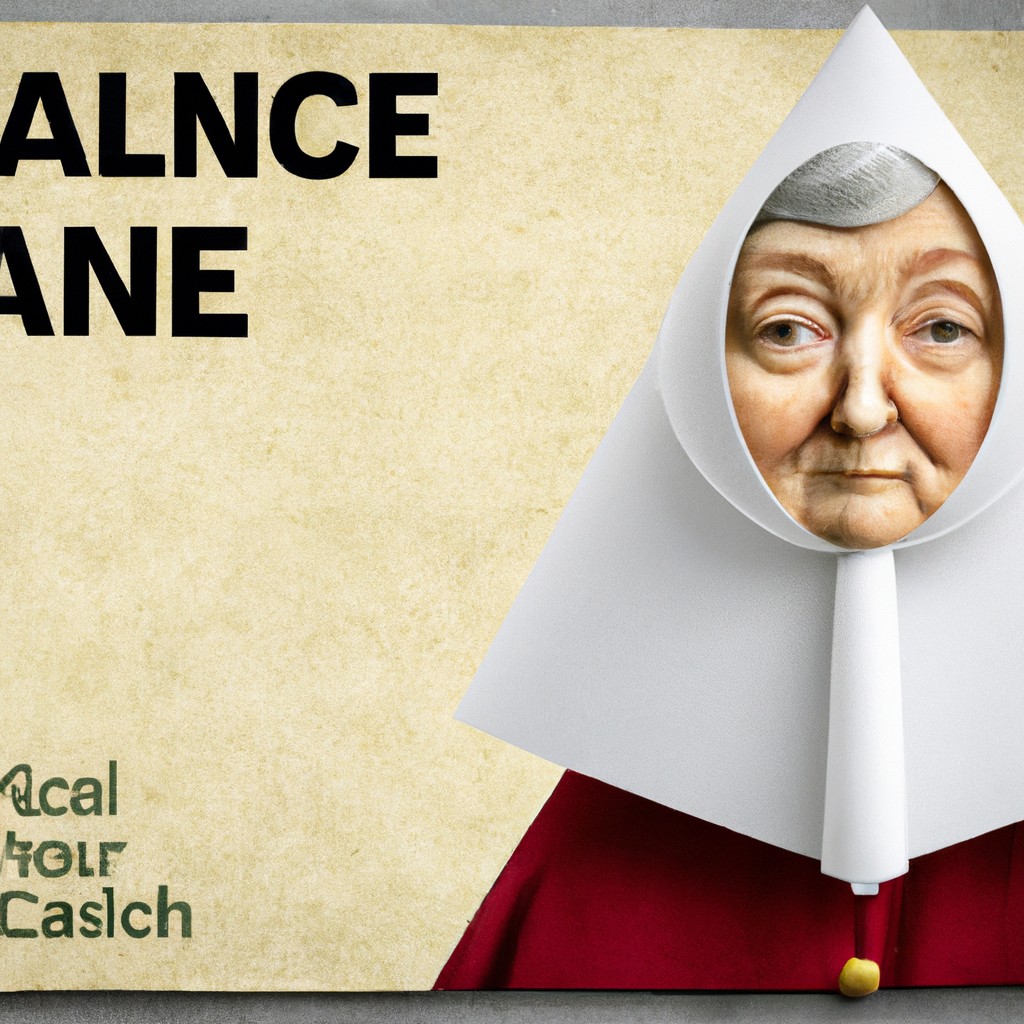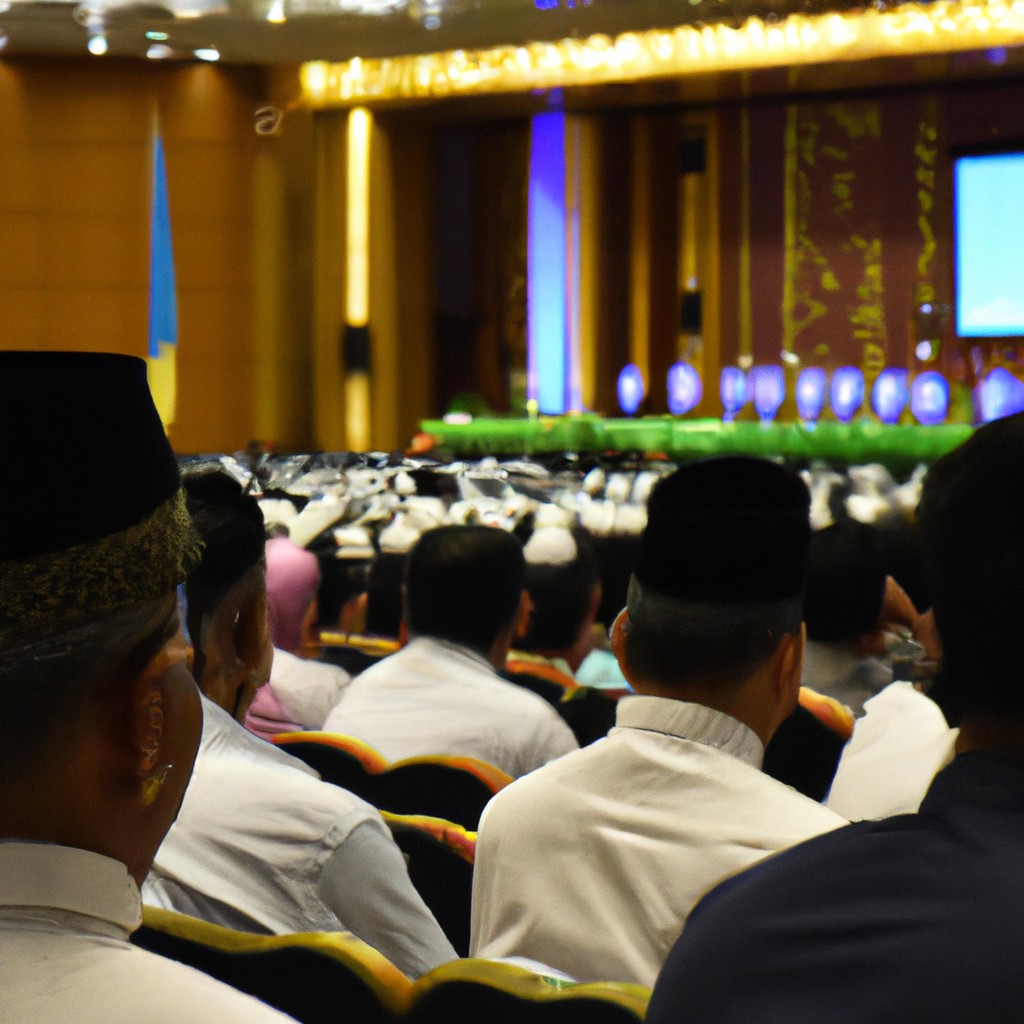Conducting political campaigns

Conducting political campaigns requires strategic planning and effective communication to connect with voters. Candidates must convey authenticity and empathy to gain trust and support. Utilizing various platforms like social media, rallies, and debates is crucial in reaching a diverse audience. Developing a compelling message that resonates with the electorate is vital for a successful campaign. Building a strong team of dedicated volunteers and staff can make a significant impact. Engaging with constituents, listening to their concerns, and addressing issues that matter to them are key components of a winning strategy. Transparency and accountability are essential for fostering credibility and building lasting relationships.
Read more
Use of Social Media in Political Campaigns

Political campaigns increasingly leverage social media to reach and engage voters, creating a dynamic virtual space where candidates communicate directly with their constituents. The rapid dissemination of information through platforms like Twitter, Facebook, and Instagram allows for real-time updates on campaign events and messages. Candidates utilize these tools to build their brand, share their platforms, and connect with a diverse audience. Social media enables candidates to target specific demographics, mobilize supporters, and fundraise effectively, making it an essential component of modern political strategy. However, the use of social media in political campaigns also raises concerns about privacy, disinformation, and the manipulation of public opinion.
Read more
Fundraising and financing of political campaigns

Fundraising and financing of political campaigns play a crucial role in determining the success of candidates seeking public office. With mounting costs involved in campaigns, candidates heavily rely on donations from individuals, organizations, and political action committees. These funds help in covering expenses such as advertising, travel, staff salaries, and organizing events. However, the influence of money in politics has sparked concerns about potential corruption and the undue influence of wealthy donors. Some argue for stricter regulations to limit campaign spending and increase transparency, while others believe in the importance of allowing individuals to support candidates they believe in. Balancing the need for funds with maintaining the integrity of the democratic process remains an ongoing challenge.
Read more
Challenges and criticisms of political campaigns

Political campaigns face numerous challenges and criticisms that can hinder their effectiveness. One major challenge is the issue of campaign financing, where the reliance on wealthy donors can compromise the fairness and integrity of the electoral process. Additionally, negative campaigning often overshadows substantive policy discussions, leading to a disillusioned electorate. The use of misleading advertising and false claims further erodes trust in the political system. Moreover, candidates may be susceptible to personal attacks and character assassinations, distracting from the real issues at hand. Lastly, the influence of special interest groups and lobbyists can undermine the representation of ordinary citizens. It is crucial to address these challenges in order to ensure a robust and transparent democratic process.
Read more
Role of media in political campaigns

The media plays a vital role in political campaigns, influencing public opinion and shaping political discourse. Through newspapers, television, radio, and social media, candidates can reach a wide audience and convey their message. Journalists are responsible for investigating and reporting on the actions and policies of political candidates, holding them accountable for their promises. Media coverage has the power to highlight scandals or controversies, affecting a candidate's reputation. The media also organizes debates and interviews, providing a platform for candidates to showcase their views and engage with voters. However, it is important to critically analyze media coverage, recognizing potential biases and seeking diverse sources of information for a well-rounded understanding of political campaigns.
Read more
Importance of political campaigns

Political campaigns play a vital role in shaping the future of a nation. They serve as a platform for candidates to connect with the public, express their visions, and present their plans for progress. These campaigns generate awareness among citizens, encouraging them to actively participate in the democratic process. Through speeches, debates, and advertisements, candidates inspire emotions and ignite discussions, raising important issues that need attention. Political campaigns also offer the opportunity for voters to evaluate candidates' character, integrity, and ability to lead. Moreover, campaigns provide a pathway for citizens to voice their concerns and seek solutions to the challenges they face in their daily lives. In essence, political campaigns are a cornerstone of democracy, promoting civic engagement and ensuring that the voices of the people are heard.
Read more
Political campaigns

Political campaigns are crucial components of the democratic process, serving as platforms for candidates to present their policy proposals and connect with potential voters. These campaigns involve extensive planning, strategizing, and executing various activities aimed at influencing public opinion. Campaigns typically include public speeches, debates, rallies, and media appearances, all aimed at engaging and informing voters. In addition, candidates rely on fundraising efforts to support their campaigns, enabling them to reach a wider audience. Furthermore, campaigns often involve intensive marketing and advertising efforts to create a strong brand identity and sway undecided voters. Overall, political campaigns play a significant role in shaping public discourse and determining election outcomes.
Read more












